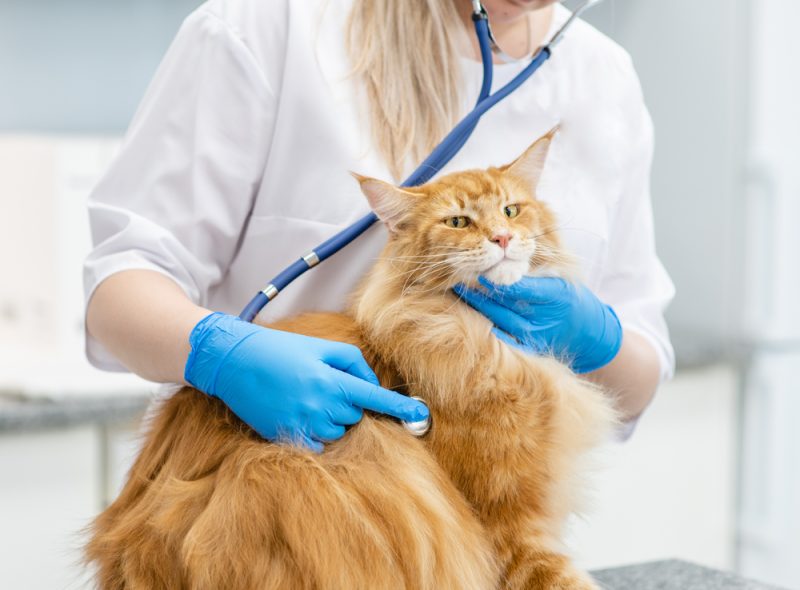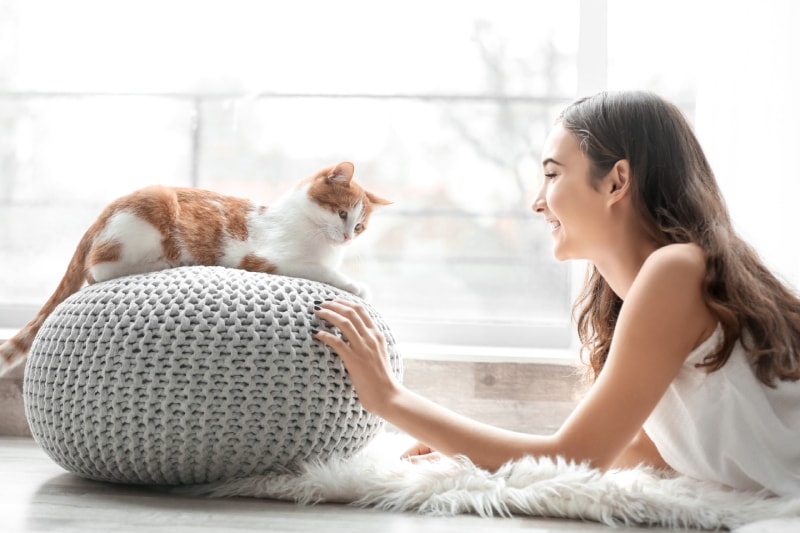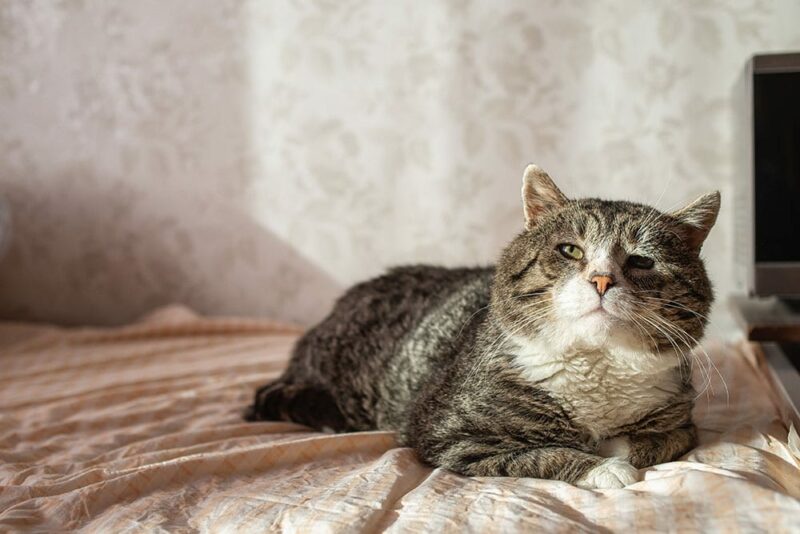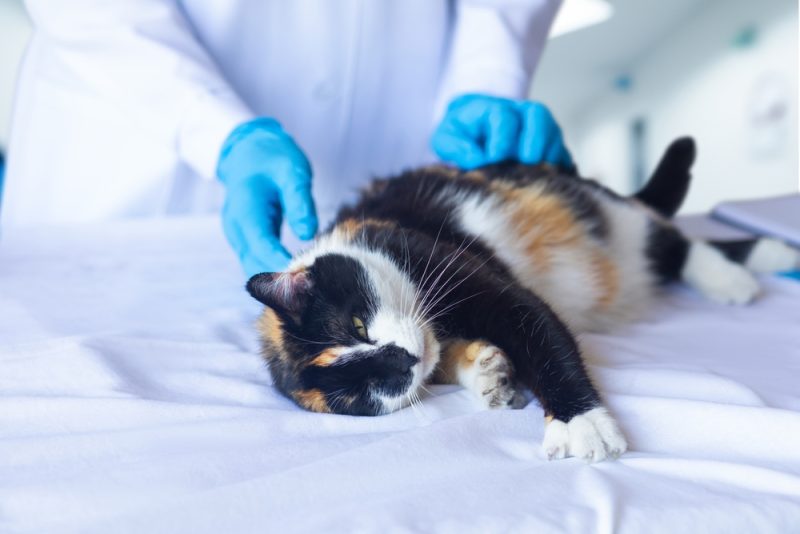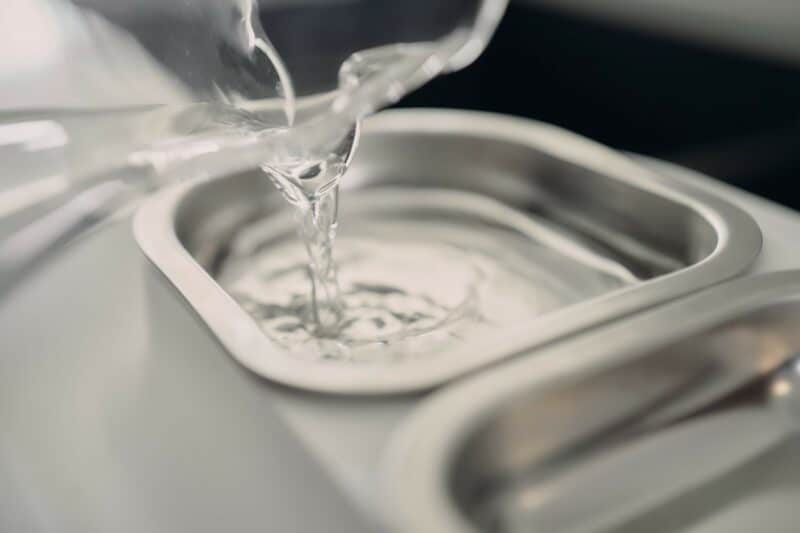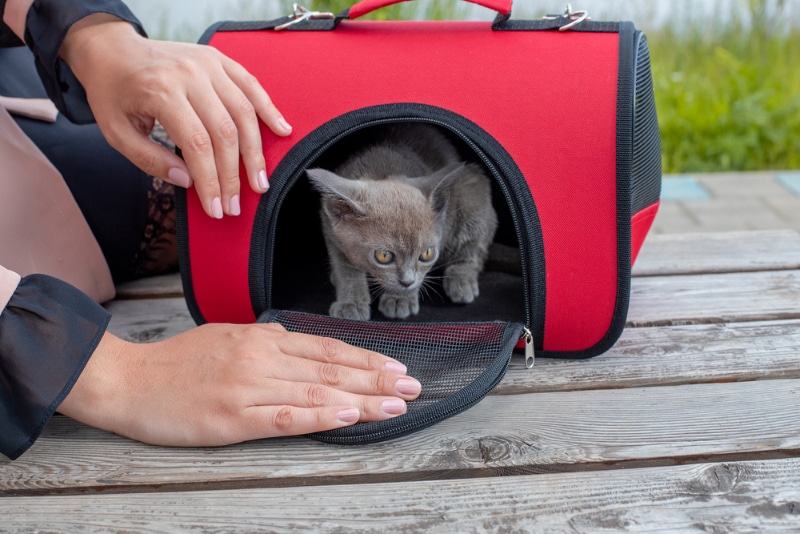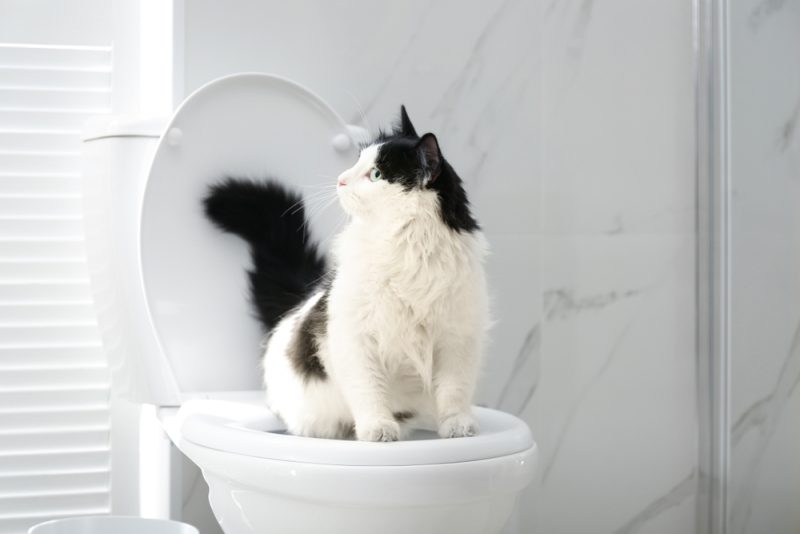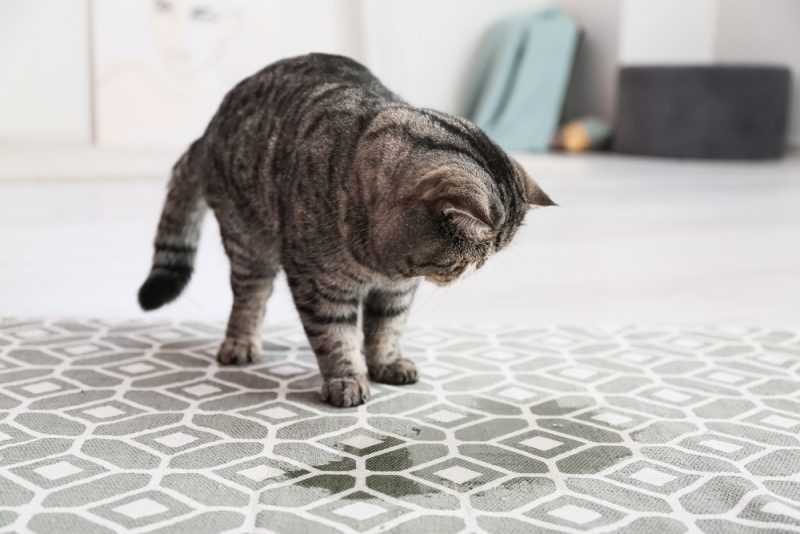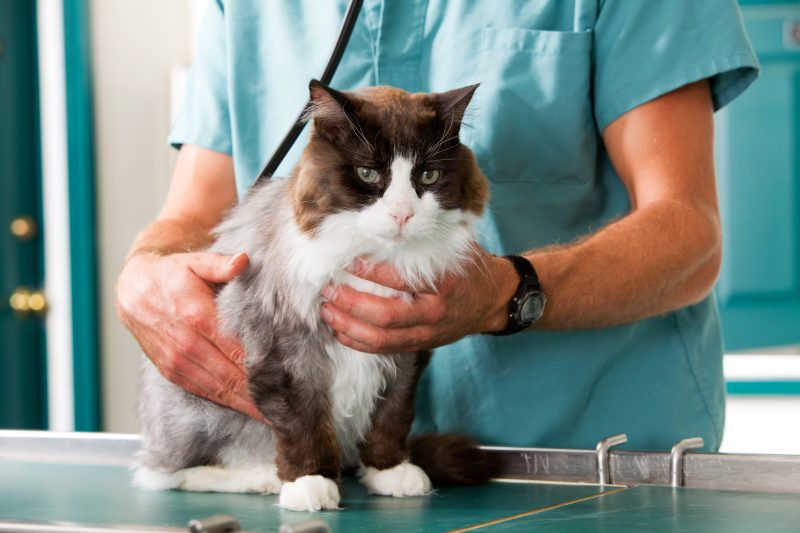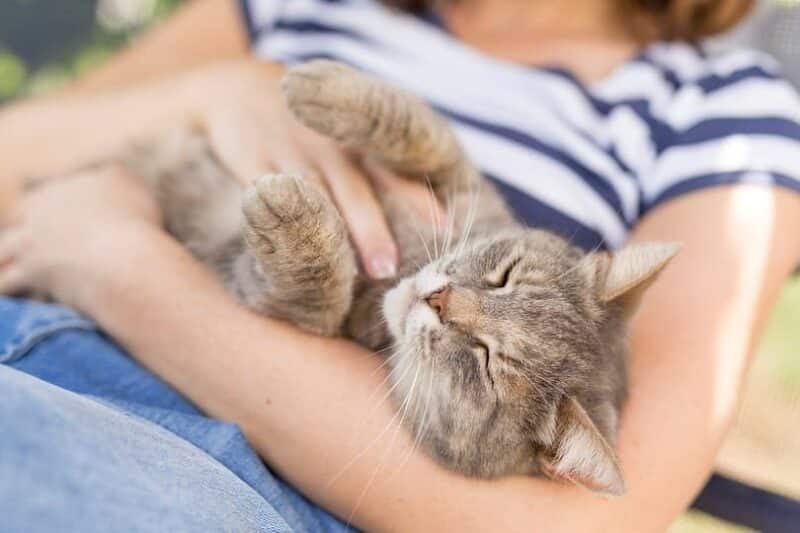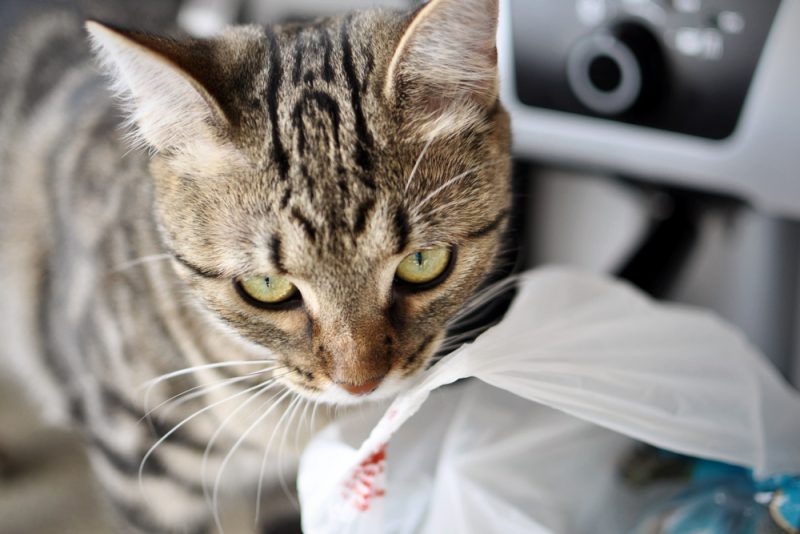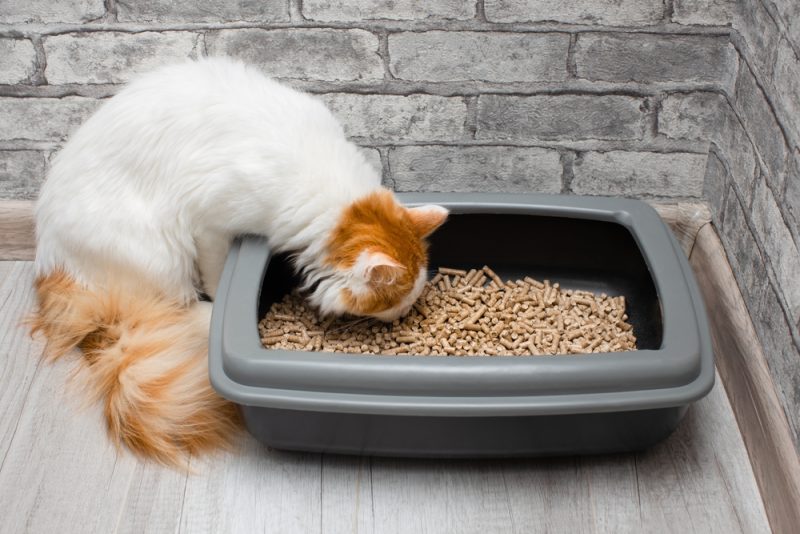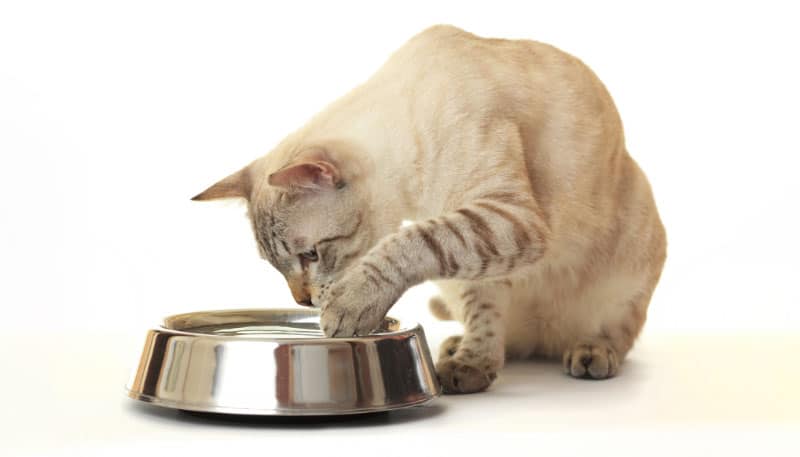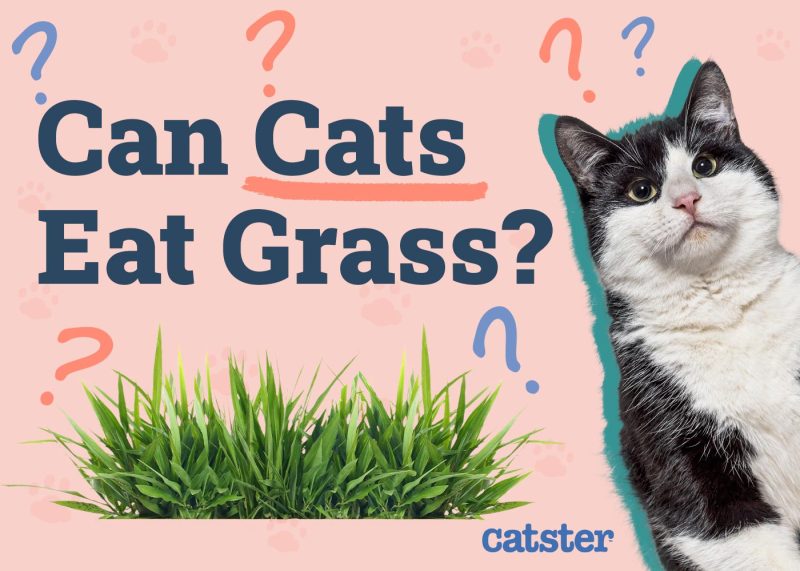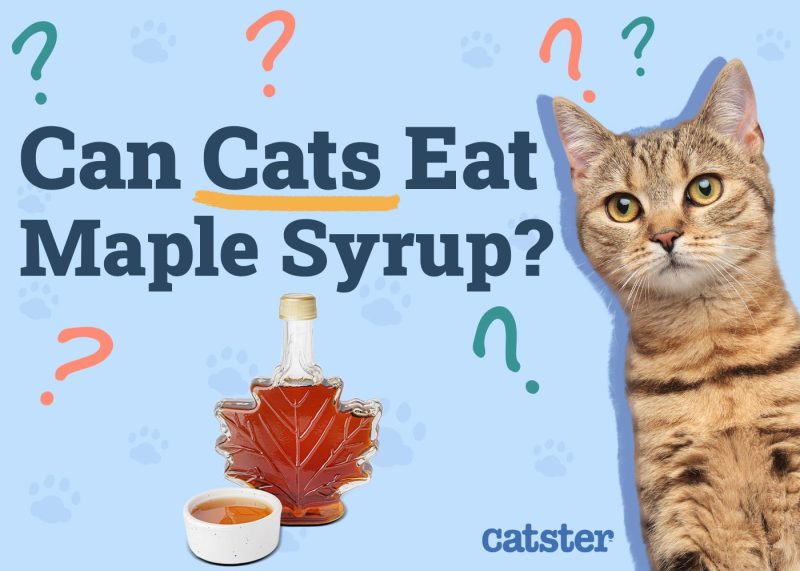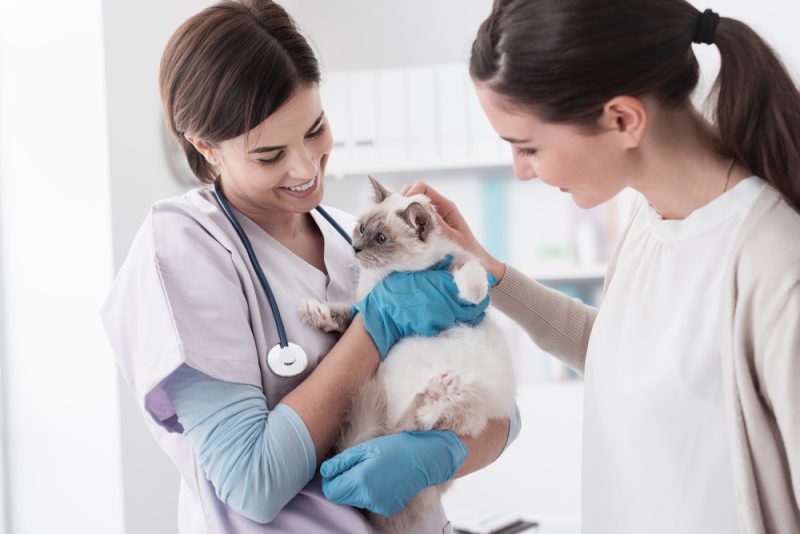The size of a cat’s heart is, naturally, much smaller than that of a human, but it is just as important. It pumps oxygenated blood around the body while carrying carbon dioxide and other waste products away.
Although much smaller than a human’s, a cat’s heart and a human heart are surprisingly similar and perform most of the same functions. However, while heart attacks are a major concern for a lot of humans, cats are much more likely to suffer a cardiac disease known as hypertrophic cardiomyopathy. Read on for 11 interesting facts about cat hearts and how they compare to our own and to dogs’ hearts.

Top 11 Cat Heart Facts
1. A Cat’s Heart Beats Around 100 Million Times Per Year
While a human heart beats approximately 70 times a minute, an adult cat heart beats approximately 150 times a minute at rest, although it can go as high as 220 beats per minute in a healthy cat, depending on activity and stress levels.
A newborn kitten heart beats anywhere from 200 to 300 times per minute, reducing to 200 to 260 beats as they are getting older. This means that an adult cat’s heart can beat more than 80 million times in a single year, while a kitten’s can beat as often as 150 million times. If a cat lives to be 15 years old, its heart will have beaten approximately 1.5 billion times.
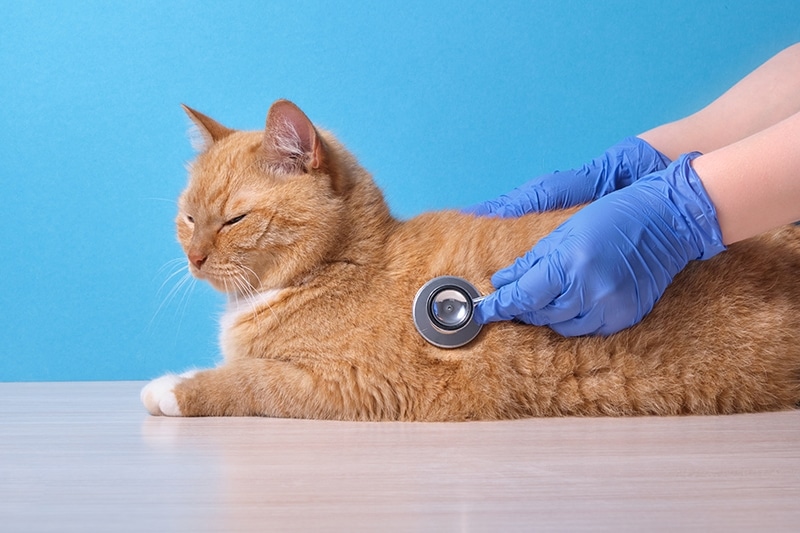
2. Cat Hearts Are Nearly Identical to Human and Dog Hearts
So, what does a cat’s heart look like? Cat hearts are very similar in their shape and function to human hearts. They have four chambers—two smaller ones called atriums, and two bigger ones called ventricles—that push blood that arrives from all the organs and tissues carrying carbon dioxide to the lungs, where it becomes oxygenated. Then the blood returns to the heart that pushes it throughout the body to distribute oxygen.
3. Heart Attacks Are Very Rare in Cats
Although heart disease is not uncommon in cats, heart attacks are very rare. When they do occur, however, they may be fatal, but cats generally suffer from other types of cardiac disease.
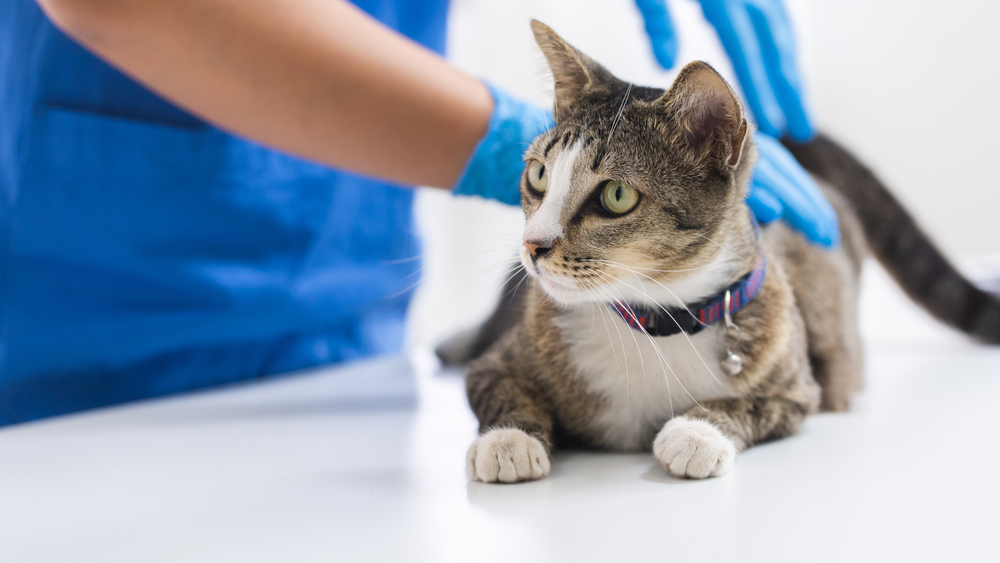
4. Hypertrophic Cardiomyopathy Is a Common Feline Cardiac Disease
Hypertrophic cardiomyopathy, or HCM, is the most common cardiac disease witnessed in cats. This occurs when the walls of the heart thicken and the efficiency of the heart declines. The condition is more common in certain breeds of cat; for example, the Maine Coon and Ragdoll breeds.
Unfortunately, signs of HCM are very difficult to spot during the early stages of the disease. As it progresses, a cat may start to breathe rapidly or labored with their mouth open, and the cat may become more lethargic. Sometimes, a blood clot may form and most often leads to paralysis of the rear limbs. Although there is no cure for HCM, medication can help manage the signs of the disease.
5. Most Feline Cardiac Medicines Are Human or Canine Heart Drugs
Although 15% of cats may suffer from HCM, and while this percentage is even higher in older cats, there are very few drugs and treatments designed specifically for cats.1 In most cases, cats are given medication designed for human or canine use. Such commonly used medicines include Plavix, Atenolol, and even Aspirin but, of course, at doses adjusted to the cat’s size and depending on the exact condition.
6. Coughing Is Rarely a Sign of Cardiac Disease in Cats
Although cardiac disease can be very difficult to identify in cats, there are certain signs to look out for. Early signs include a loss of or change in appetite, lethargy, and an increased heart rate. Some of the more advanced signs include presence of a heart arrhythmia, murmur or gallop on auscultation, weakness, labored and heavy or open mouth breathing, and collapsing and paralysis of the rear limbs.
Diagnosing the problem as soon as possible can greatly increase the chances of successful treatment, so if you suspect your cat is suffering any form of cardiac disease, it is important that you consult a vet. They will be able to arrange x-rays, ECGs, heart ultrasound, and other tests.
If your cat is breathing heavily or with an open mouth, or they are unable to move and yowling in pain with cold extremities, most commonly the back legs, you need to seek immediate veterinary attention, as these conditions are signs of heart failure and blood clot formation and will be fatal and very painful if left untreated. Unfortunately, some cats may require euthanasia if their condition cannot be improved with medical therapy.
If you need to speak with a vet but can't get to one, head over to PangoVet. It's an online service where you can talk to a vet online and get the advice you need for your pet — all at an affordable price!

7. Cardiac Disease Can Cause Rear Leg Paralysis
A common sign of HCM in cats is rear leg paralysis. There are other potential causes of this paralysis, however, including spinal injury or a fracture. HCM rear leg paralysis occurs because blood flow to the limbs is severely restricted. Initially, this will cause excruciating pain in the affected limb(s) and may eventually lead to total paralysis, with absent pulses and blue or pale paw pads. Cats that develop a blood clot often also have congestive heart failure at the same time.
Early diagnosis and medical management of HCM is crucial to give the cat a good quality of life, but unfortunately, there is no known treatment that has proven to significantly reduce the risk of blood clot formation. Treatment is often unsuccessful and leads to euthanasia, but in case of blood flow restoring, there is a high chance another clot will form at a later date.
8. Kittens Can Have Heart Murmurs
A heart murmur is an unusual noise that is identified by your vet when listening to the cat’s heart and is commonly caused by abnormal and turbulent blood flow in the heart. Humans can suffer heart murmurs, and so too can cats. Sometimes, heart murmurs occur in kittens, and these innocent heart murmurs will usually disappear, on their own, by the age of 6 months. However, there are other, potentially more serious, causes of heart murmurs, and it is always best to have them checked out by a vet.
9. A Cat’s Heart Weighs Less Than 20 Grams
A human heart weighs approximately 300 grams. So, how big is a cat’s heart? They typically weigh only around 20 grams or less, but certain conditions can cause the heart to weigh more than this.
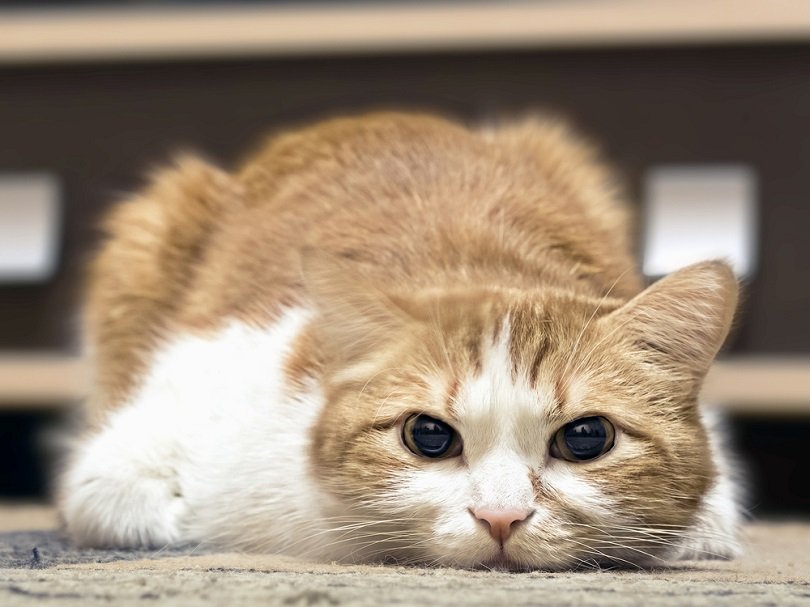
10. Severe Hypertrophic Cardiomyopathy Can Cause a Cat Heart to Weigh 30 Grams
Hypertrophic cardiomyopathy is one such cause of an enlarged, heavy heart. Cats with severe HMC have a heart weight of more than 30 grams, and the heart can weigh as much as 38 grams.
11. Cardiomyopathy and Other Heart Conditions Can Be Difficult to Diagnose in Cats
Cats are adaptable animals and are very good at hiding signs of illness. In case of heart disease, unfortunately, the diagnosis is usually established at the time of either congestive heart failure when the cat is struggling to breathe due to fluid collection in the chest cavity, also called pleural effusion, or due to blood clot formation leading to pain and paralysis. These are signs of very advanced heart disease that is causing the heart to start failing.
Although early identification and diagnosis of HCM can be very difficult, as cats tend to show no signs at all or very few vague ones, it does mean that even lethargy and reduced activity may be enough to raise a red flag. If you have noticed any changes in your cat’s demeanor, activity level, appetite, or breathing, get them checked out by your vet immediately.
Hypertension, or a high blood pressure, and hyperthyroidism, or an overactive thyroid gland, may also cause heart disease in cats and cannot be identified without a veterinary visit.

Conclusion
A cat’s heart is physically and functionally very similar to that of a human or even a dog heart. While around 15% of cats will suffer some form of cardiac disease, it is very rare for cats to suffer heart attacks.
Because cats are adaptable and will rarely show any signs of illness before it becomes very advanced and reaches final stages, it can be difficult to identify diseases like hypertrophic cardiomyopathy, which is the most common cardiac disease in felines. If you do suspect that your cat has any form of heart disease, it is important to get it diagnosed early, so you should consult with your vet to have a thorough and full check-up as soon as possible.
Featured Image Credit: Ermolaev Alexander, Shutterstock
